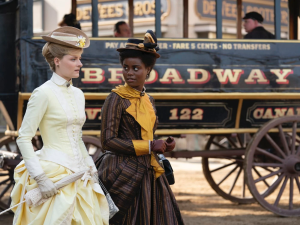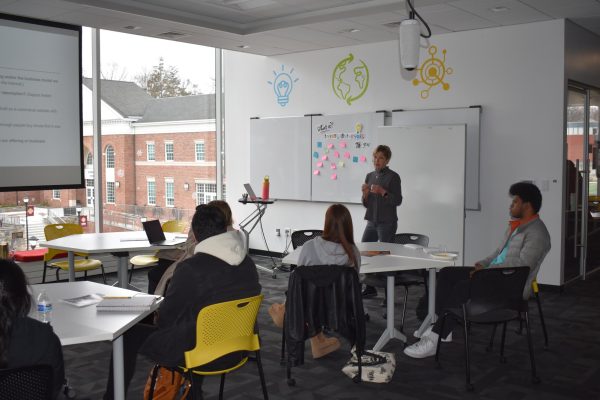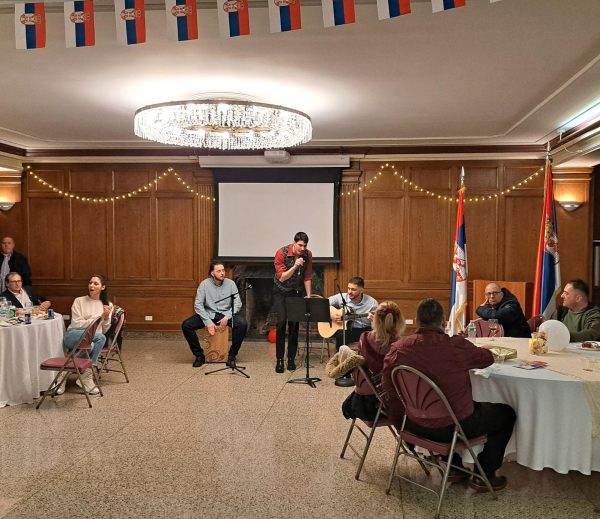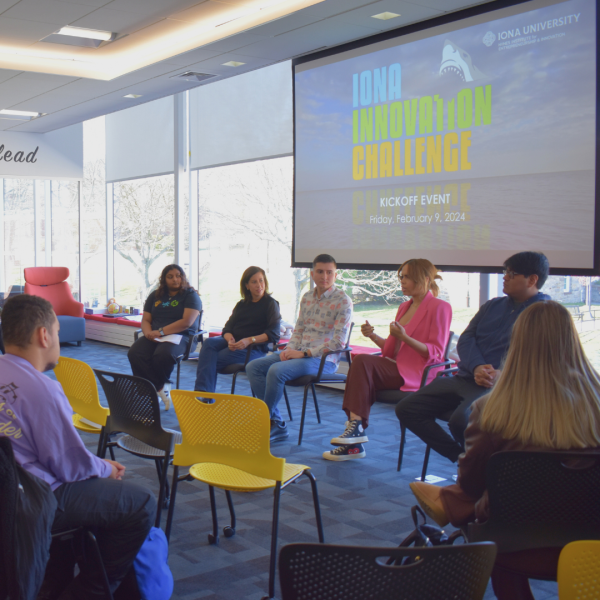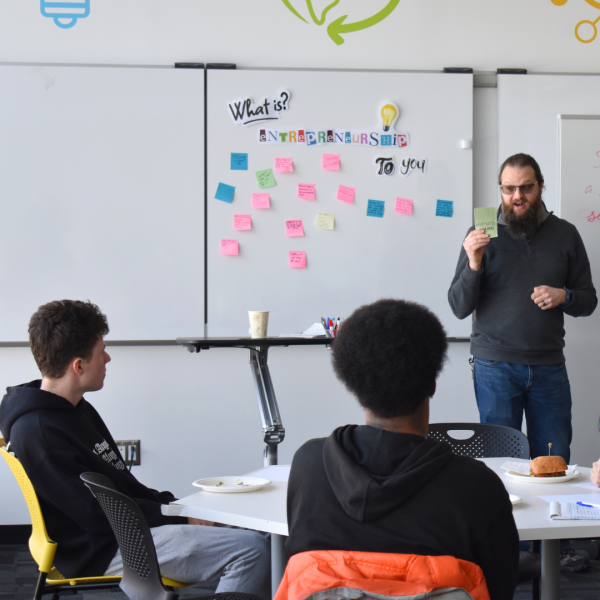New term, same gridlock?
November 15, 2012
Now that President Obama has been re-elected, the Iona community looks forward to some changes in Washington over the next four years.
Following Obama’s win over former Massachusetts Governor Mitt Romney, the talk throughout campus consisted of both optimistic and pessimistic visions of America’s future.
Junior Andrew Jordan is among those who feel Obama’s re-election was positive for the United States.
“I’m happy with the results of this election. Barack Obama continued to provide the most specific answers to our nation’s problems, something that Mitt Romney failed to do on a regular basis,” he said.
However, for Romney supporters like sophomore Carl Funaro, the president’s re-election was a disappointment.
“I think the most important thing to highlight about this election is that the country was less concerned with the economy and more concerned about social issues,” he said.
With that being said, students and faculty feel a great deal of resentment towards Washington at the moment.
“I am not completely optimistic about bipartisanship, but certainly hope for it,” said Alexander Eodice, professor of philosophy.
Senior Joe Chabot wants to see both parties put their differences aside and work together, as does sophomore Joelle Cheatem who feels “the last four years were wasted arguing and holding on to ideology while the American people grew more frustrated.”
The apparent issues that have gained attention in the Iona community ranged from social issues to the economy as Jordan hopes that the issue of climate change will be addressed over the next four years, and Funaro hopes that the country will get a handle on the debt.
Every presidential candidate hopes they can appeal to the youth of America. Voters 18-29 can make a big impact on the polling results. Obama was able to obtain 60 percent of the youth vote while only 36 percent voted for Romney.
“The Republicans overall ran a different campaign,” said sophomore Savannah Lang. “They should have made Romney more relatable.”
“The youth vote was very important for Obama,” said Joshua Leon, an assistant professor of political science. “Without it, Romney would be in the white house. The youth feels their vote doesn’t matter, but clearly in this case it does.”
Does this suggest that the GOP should rethink their stance on certain issues in order to survive in what is becoming a minority-majority country?
“The Republicans do have to take a look at what their population has been,” said Tricia Mulligan, associate professor and chair of political science. “In order to appeal to more demographics, the party needs to revise their views.”
According to Chabot, if the Republican Party fails to revise some of their social policies, they will continue to appeal to the same voting demographic.
Students hope the next four years will bring more bipartisanship especially when it comes to fixing the economy and growing jobs for young college graduates.







